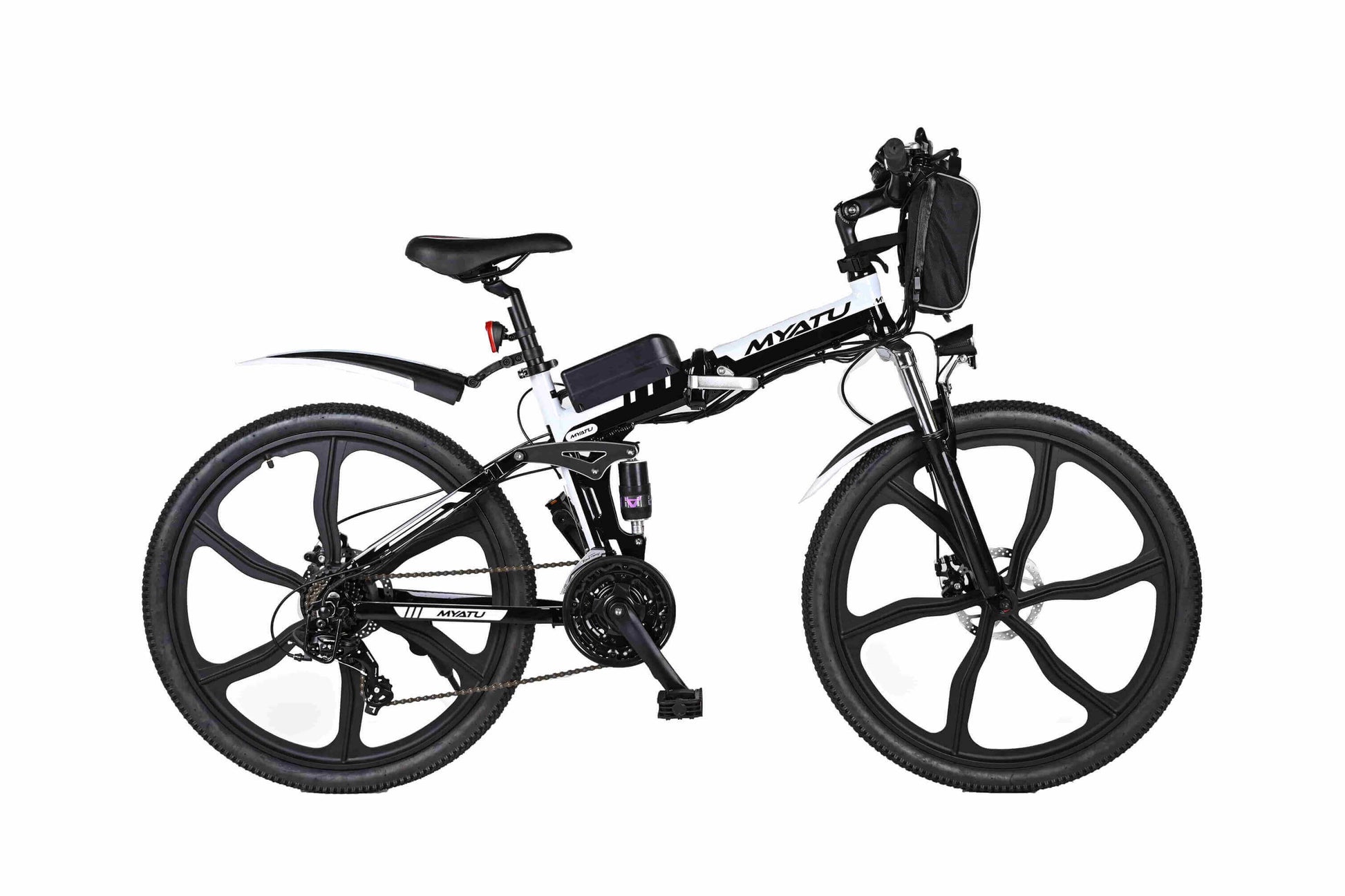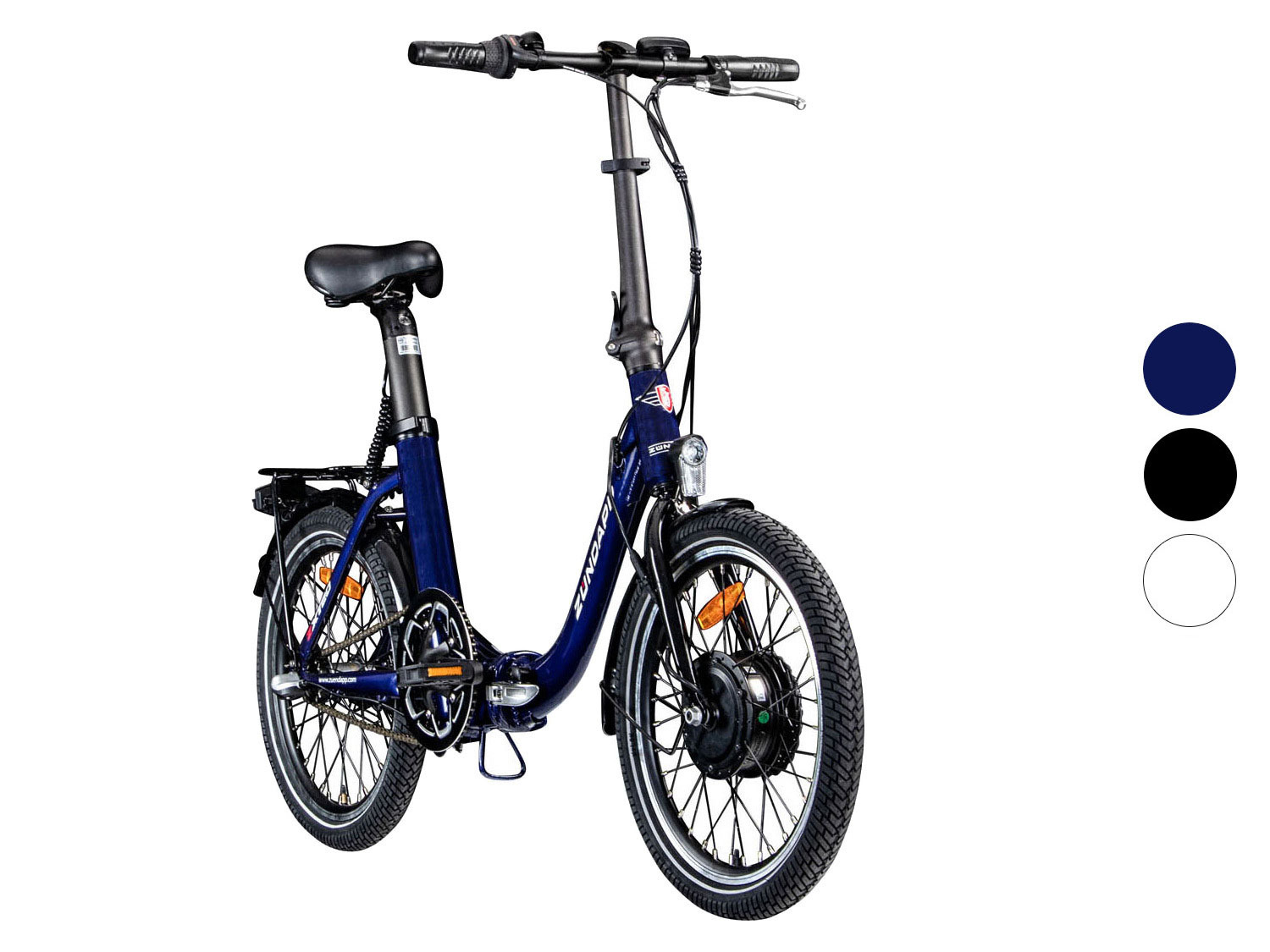
Stromer ST 2 Comfort 17 S-Pedelec E Bike - 17 Zoll Rahmen in Berlin - Pankow | eBay Kleinanzeigen ist jetzt Kleinanzeigen

Fangqi E-Bike 26Zoll E-bike,Shimano 8-Gang,1000W/48V/17.5Ah,Farbinstrument,45km/h, SHIMANO, Kettenschaltung, Heckmotor 1000,00 W, (Economy-Anzug,MTB, E-Mountainbike,Moped,E-Citybike,Hupe, Scheinwerfer, Ölbremse), Mit Ladegerät, Werkzeug, Helm, Gepäckträger

Cube Reaction Hybrid Pro 625 2022 E-Bike 29“ M (17 Zoll) in Bayern - Denkendorf | eBay Kleinanzeigen ist jetzt Kleinanzeigen

Cube E bike Reaktion Rahmen größe 17 Zoll in Bayern - Waakirchen | Gebrauchte Damenfahrräder kaufen | eBay Kleinanzeigen

2. Wahl *** Cube Access Hybrid EXC 500 29 2019, blue´n´coral - E-Bike | Größe 17 Zoll | BIKER-BOARDER.DE

Zündapp Z808 E Bike für Damen und Herren ab 170 cm Mountainbike 29 Zoll E MTB Hardtail Pedelec Fahrrad Elektrofahrrad 24 Gänge Elektrobike | pentagonsports.de

Cube E- Bike 625 KIOX 17 Zoll in Niedersachsen - Goslar | Freunde und Freizeitpartner finden | eBay Kleinanzeigen ist jetzt Kleinanzeigen

Ghost E-Teru B Essential 2023 E Bike für Damen und Herren 155-195 cm E Mountainbike Hardtail 27,5 29 Zoll Pedelec Bosch Mittelmotor | pentagonsports.de

















